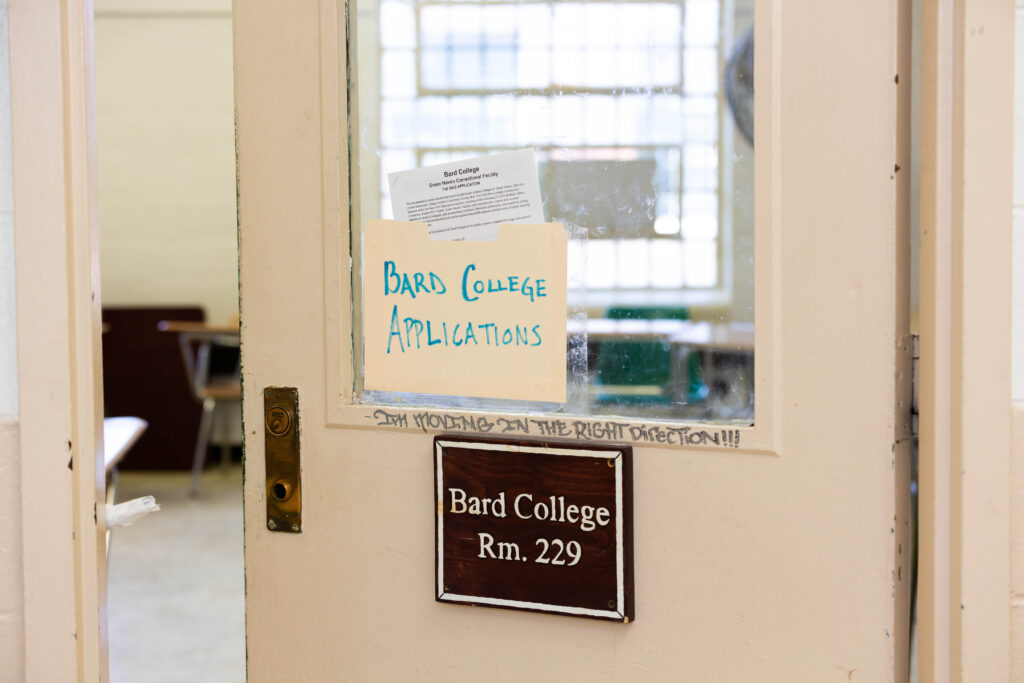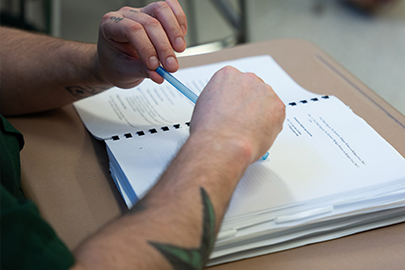Twenty-five miles from Montgomery, Ala., in the middle of the tough-on-crime, fiscally conservative Deep South, sits an unusual place of learning.
A 20-foot fence with razor wire surrounds the campus. Armed guards stand at the entrances. Students wear jumpsuits, with ID numbers printed on the right side of the chest.
This is J. F. Ingram State Technical College, where every student is incarcerated. The college was created by the state in 1965, and it is adjacent to one prison but offers programs in eight others.
It’s a member of Alabama’s community college system, but does not grant two-year degrees. In response to budget cuts, Ingram suspended its associate degree offerings last year.
College leaders see Ingram as part of the solution to a state prison system marred by severe overcrowding, poor inmate medical care, sexual abuse of female prisoners and the threat of a federal takeover.
But being part of the solution requires adequate funding, they say. In the past several years, the college’s portion of state prison education funding has dropped by 25 percent. Job openings have gone unfilled. The student head count has dropped almost 30 percent since 2008.



